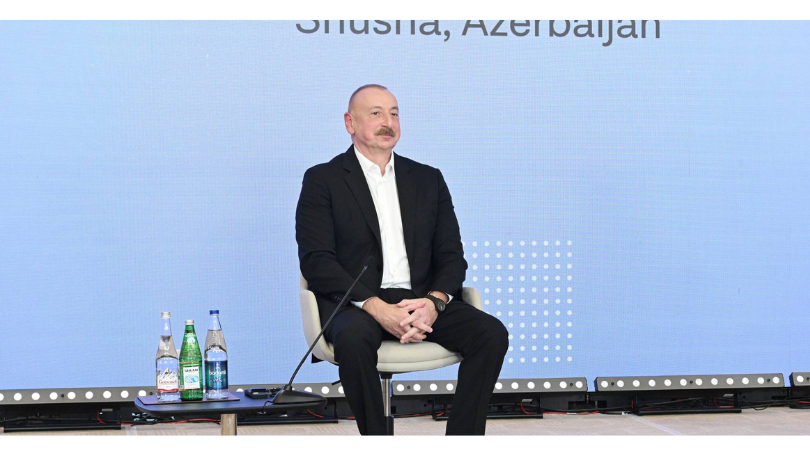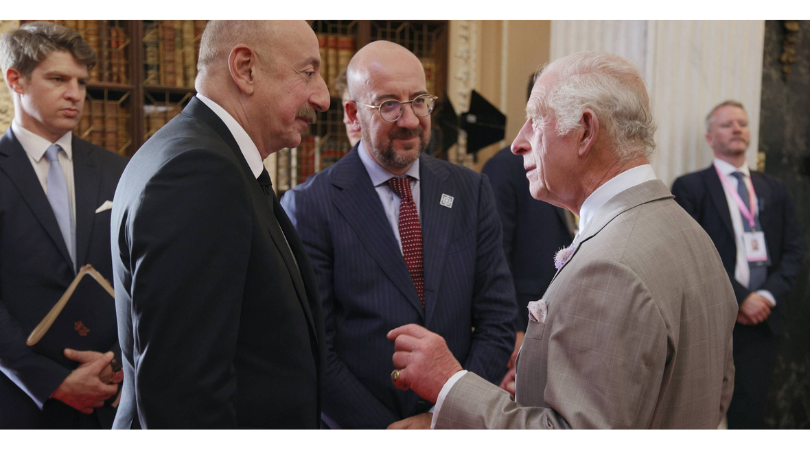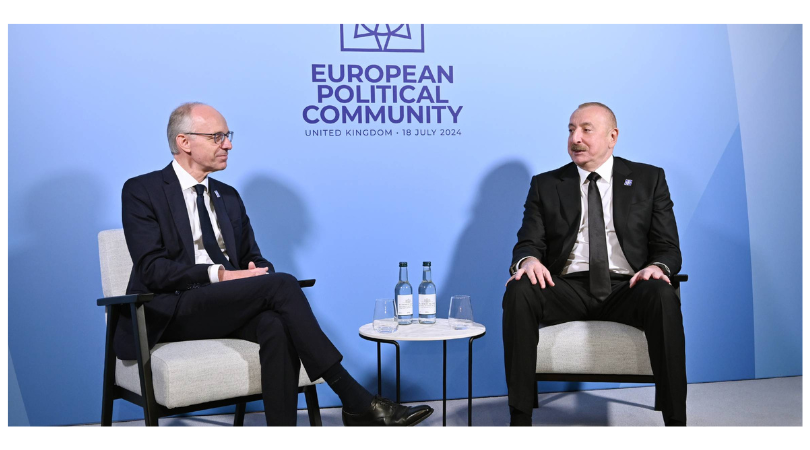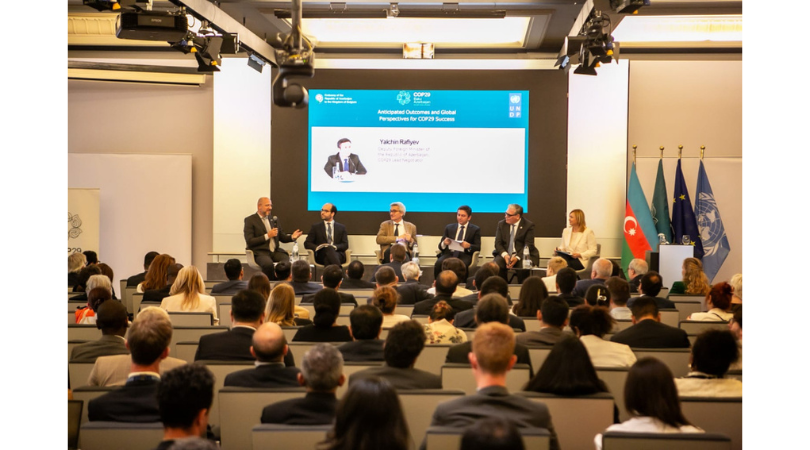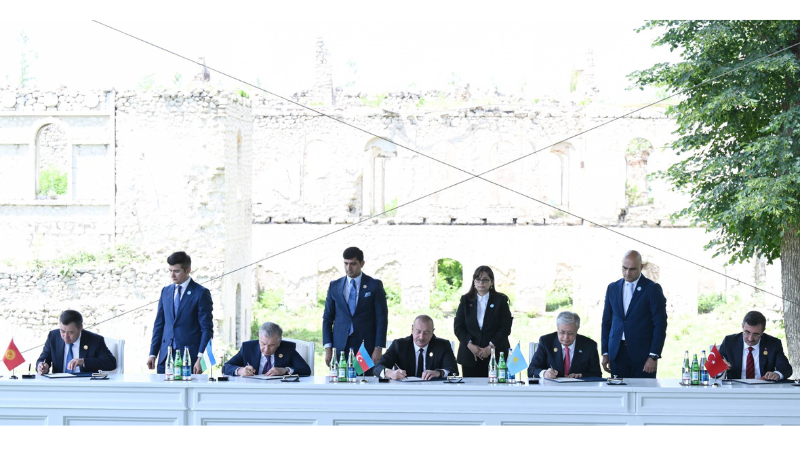Centenary of the Genocide of Azerbaijanis marked
People in Azerbaijan mark the hundredth anniversary of the Genocide of March, 1918.
In March-April of 1918, the armed units of the Bolsheviks and chauvinist Armenian Dashnaks massacred local population in Azerbaijan under the pretext of establishing Soviet power. These massacres resulted in the killing of more than 50,000 people in Baku, Ganja, Guba, Shamakhi, Khachmaz, Lankaran, Hajigabul and tens of other cities.
In the city of Guba, thousands of Azerbaijanis marched today to Guba Genocide Memorial Complex to commemorate the centenary of the Genocide. Participants of the march demanded legal and political recognition of the genocide. According to the historical evidence, the Bolsheviks and the Armenian Dashnaks entered into alliance to occupy Azerbaijan. And mass slaughters of peaceful Azerbaijanis was part of this dirty plan. People were killed with unprecedented cruelty, including women, children and the elderly. It is not a coincidence that the march took place in Guba because a burial site of genocide victims was found in the city during excavations in 2007. A research and excavations on the site established that the burial is related to the genocide committed by the Armenians against the local civilian population in 1918. The research also discovered the remains of more than 400 people belonging to different age groups in the grave.
Guba also hosted a national research conference on the 100th anniversary of the Genocide of Azerbaijanis. The conference was themed “Lessons of genocides”. In his speech at the conference, the Azerbaijani President`s Assistant for Public and Political Affairs Ali Hasanov said that despite the relentless massacres and severe losses, the Azerbaijani people stood the test of the history and managed to take their destiny into their own hands, restore control over their lands and established the first independent republic in the East. “The people of Azerbaijan were subjected to numerous crimes of genocide, massacre, deportation, ethnic cleansing and terror in the early last century. But unfortunately it was impossible to ensure legal and political recognition of these events. And the reason is that each time the Armenian nationalists committed their crimes in alliance with their patrons and the central government. This was the case in 1905-1907, 1918-1920, 1948-1953 and in the ensuing years. This is why evidence of the genocide was hidden and distorted, heavy administrative and ideological restrictions were imposed on any researches in this area. This paved the way for another wave of the Armenian chauvinism in the late 1980s-early 1990s, and the people of Azerbaijan faced new hardships, deportation, ethnic cleansing, occupation, and a terrible tragedy such as Khojaly genocide,” said Ali Hasanov. The Presidential Assistant urged the international community, the world`s public, political, cultural figures and scientists to unite efforts to resolutely fight all phenomena encouraging ethnic, racial and religious intolerance and hatred.

